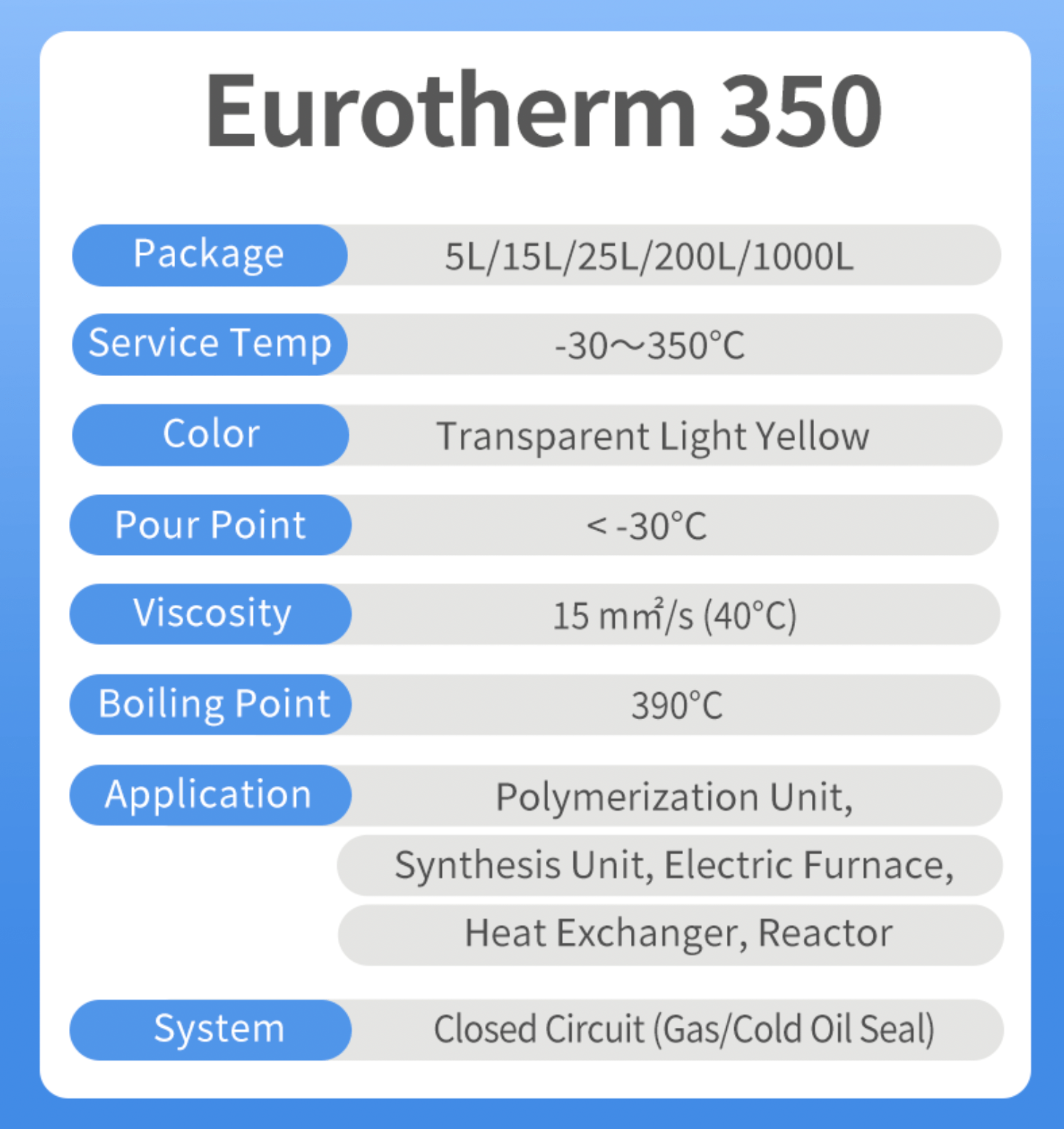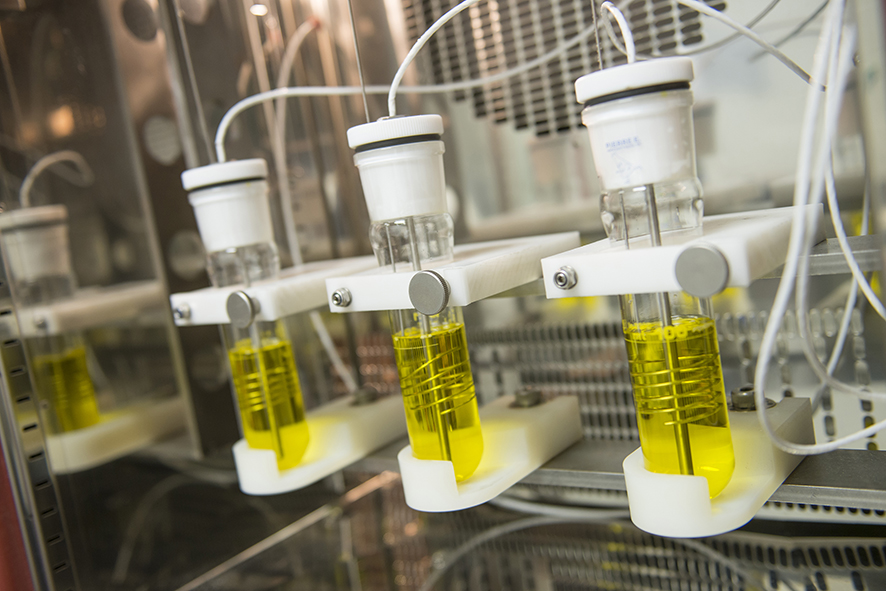How Warm Transfer Liquid Contributes to Sustainable and Affordable Operations
In the modern-day industrial landscape, the duty of warm transfer fluids (HTFs) in promoting sustainable and inexpensive operations can not be overemphasized. These liquids are crucial in optimizing thermal administration systems, therefore significantly improving power efficiency and minimizing functional costs. heat transfer fluid. The environmental benefits of sophisticated HTFs, with their high thermal security and low toxicity, are indisputable.
Recognizing Heat Transfer Fluids
In the world of thermal management, warmth transfer fluids (HTFs) function as important representatives for transferring thermal power from one place to an additional. These liquids play a critical role in numerous commercial applications, including chemical handling, power generation, and a/c systems. HTFs are specifically engineered to run within a wide array of temperature levels, successfully assisting in the transfer of warm while preserving a stable thermal account. Their capability to work under extreme problems-- whether heats or cryogenic levels-- makes them important in environments demanding specific thermal control.
The composition of heat transfer fluids can differ substantially, including options such as mineral oils, artificial oils, glycols, and molten salts. Each type offers distinctive benefits, such as enhanced thermal security, low thickness, and high boiling factors, which are picked based on specific operational requirements. The option of HTF impacts not just the effectiveness of heat transfer yet additionally the longevity and safety and security of the system in which it is utilized.
As markets remain to introduce, the development of sophisticated HTFs, identified by their improved thermal conductivity and decreased ecological influence, is crucial for fulfilling the needs of modern thermal management difficulties.

Enhancing Power Efficiency

Improving energy efficiency has come to be a paramount problem throughout different sectors, triggering a better exam of warmth transfer liquids' role in enhancing thermal administration systems. These fluids are indispensable to maintaining the desired temperature in procedures, thereby reducing energy waste and enhancing general system efficiency. By choosing an appropriate warm transfer fluid, industries can substantially improve their power efficiency, causing reduced power intake.

Advanced formulations of heat transfer liquids have been established to endure severe temperature levels while maintaining security and efficiency. These advancements extend the operational life-span of the fluid, reducing the regularity of replacements and energy-intensive maintenance tasks. Additionally, the use of artificial or bio-based liquids provides additional benefits in regards to reduced ecological effect, straightening with worldwide sustainability goals. Consequently, enhancing power efficiency via ideal heat transfer liquid choice is not only a technical need however also an ecological important.
Minimizing Functional Expenses
Operational expenses are a considerable factor to consider for markets looking for to maintain affordable benefit, and the option of warm transfer liquid plays an important duty in cost administration. Picking a suitable warmth transfer liquid can result in considerable price savings by enhancing system performance and lowering next energy consumption. High-performance fluids lessen thermal deterioration, which in turn decreases the regularity of fluid substitute and downtime related to upkeep, therefore reducing functional costs.
Furthermore, warm transfer fluids with premium thermal security and deterioration resistance prolong the life expectancy of equipment. This decreases the requirement for frequent fixings and substitutes, which can be costly and disruptive to procedures. By purchasing high-grade liquids, sectors can achieve long-term reductions in upkeep expenses and boost the reliability of their systems.
Additionally, progressed warmth transfer fluids frequently display lower thickness at operating temperature levels, which boosts pump efficiency and reduces power use in liquid circulation. This optimization of power usage directly equates into lowered functional expenses. Several contemporary warmth transfer fluids are engineered to operate effectively over a broad temperature level range, minimizing the requirement for numerous liquid kinds, therefore improving supply requirements and minimizing connected prices. These factors jointly contribute to more lasting and cost-efficient procedures.
Ecological Influence Reduction
The push in the direction of decreasing ecological influence has gained energy in industries leveraging warm transfer liquids. Companies are significantly identifying the significance of decreasing ecological impacts by taking on lasting practices. Heat transfer fluids (HTFs) play a crucial role in this change, using chances to improve energy effectiveness and decrease discharges. By picking HTFs with high thermal stability and low poisoning, sectors can guarantee marginal leakage and destruction, thus decreasing harmful ecological releases.
Additionally, making use browse around these guys of advanced warmth transfer fluids adds to enhanced system efficiency, lowering the general power usage. This reduction not only leads to cost financial savings however also decreases carbon dioxide emissions, helping in the fight versus climate adjustment. Liquids that are naturally degradable and recyclable even more boost sustainability efforts, as they lessen waste and promote circular economy practices.
In addition, incorporating HTFs right into closed-loop systems avoids fluid loss and contamination of the surrounding setting. This technique ensures that fluids are reused, decreasing the demand for new sources and restricting waste generation. By accepting these eco mindful techniques, markets can significantly lessen their ecological effect while keeping high functional efficiency, lining up with international sustainability objectives and governing requirements.
Selecting the Right HTF
Choosing the ideal heat transfer fluid (HTF) is a crucial action in progressing environmental sustainability within industrial processes. The option of HTF straight affects system performance, power consumption, and environmental effect. An ideal HTF ought to possess a high thermal capability, reduced thickness, and high thermal conductivity to guarantee effective warmth transfer. In addition, its stability over a broad temperature variety is critical to prevent degradation, which can cause raised emissions and waste.
When selecting an HTF, it is important to consider its compatibility with system products to stay clear of corrosion and chain reaction. This guarantees longevity and reduces upkeep prices. In addition, the fluid ought to be non-toxic and eco-friendly, minimizing its ecological footprint and making sure conformity with ecological guidelines. The lifecycle cost of the go to this web-site HTF, incorporating purchase, operation, and disposal, ought to likewise be reviewed to make certain financial expediency.
Verdict
